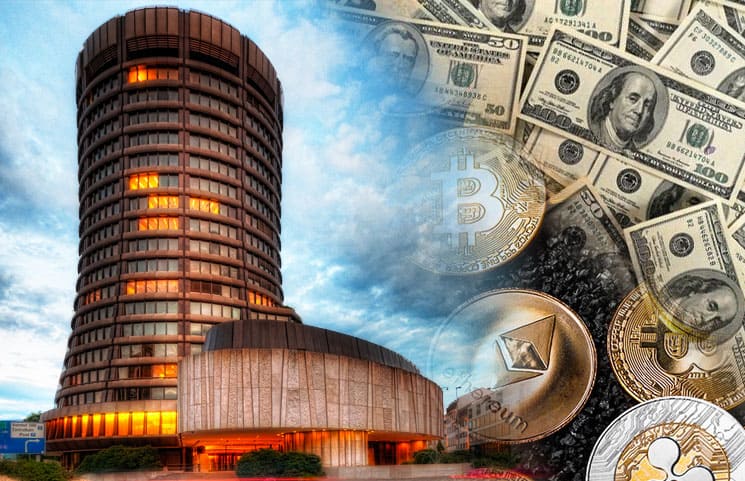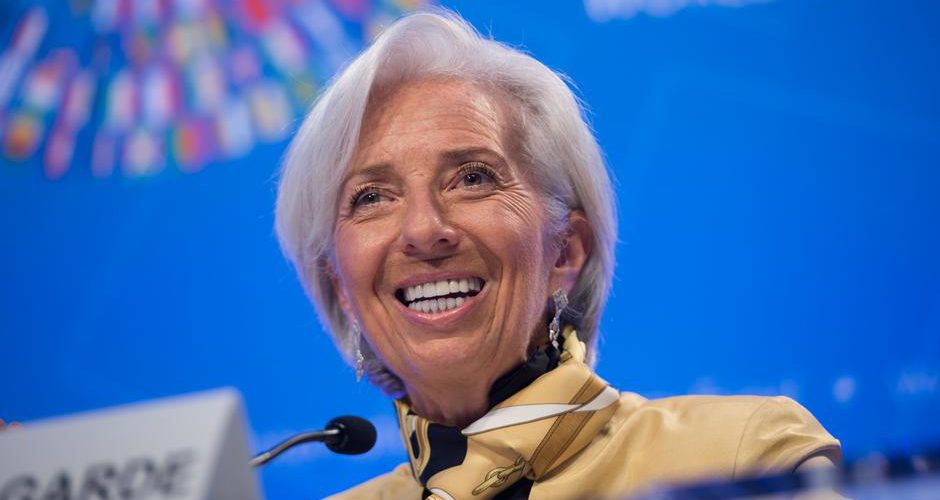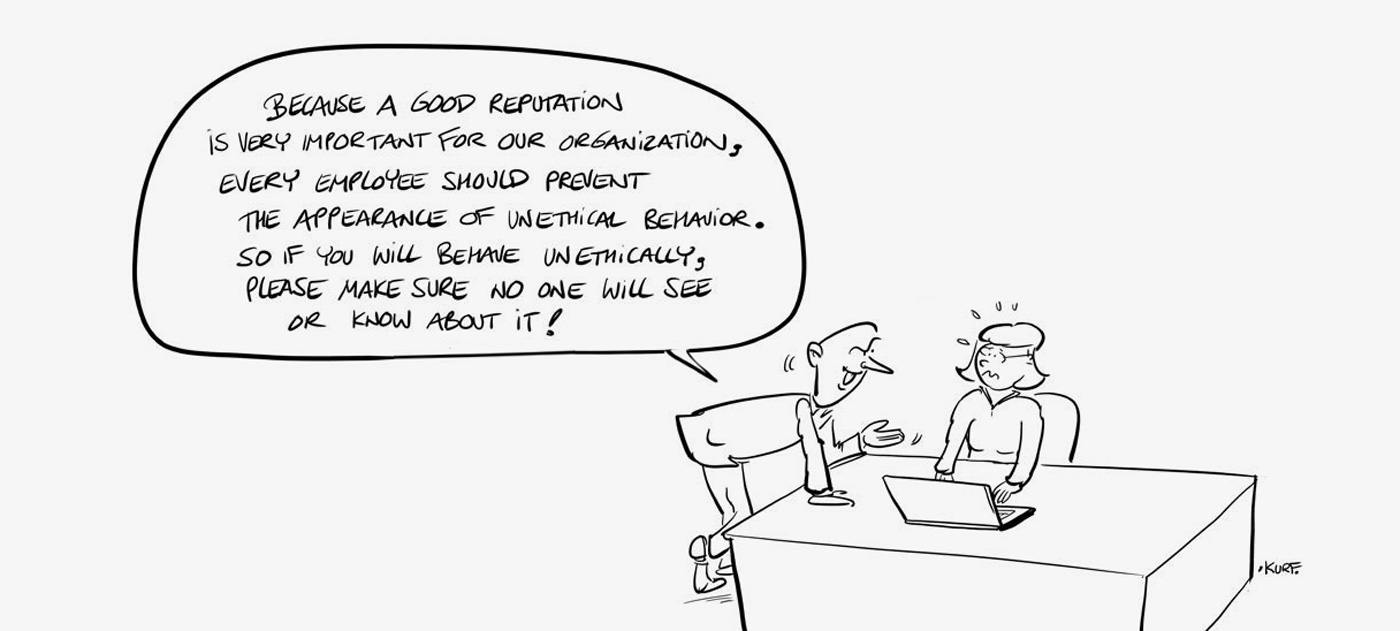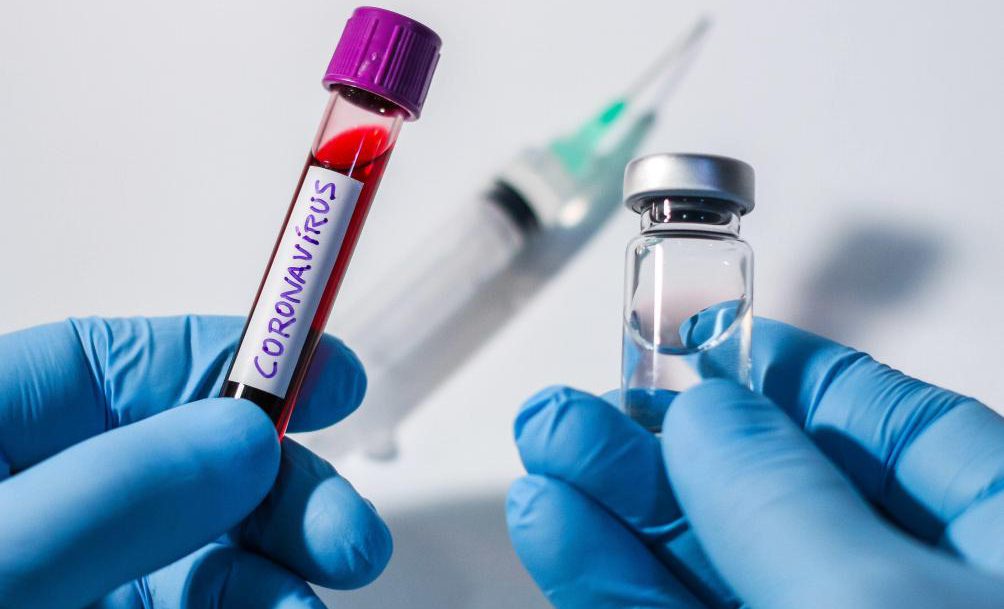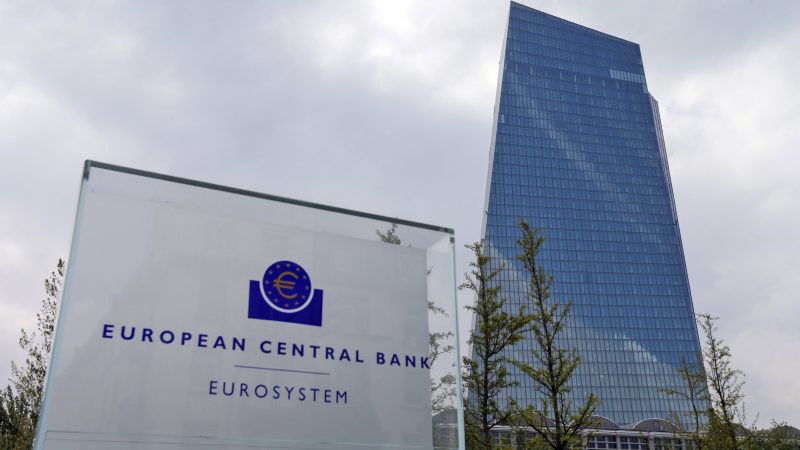The European Securities and Markets Authority (ESMA), the EU securities markets regulator, recently published its second risk dashboard for 2020 which sees a continued risk of decoupling between asset valuations and economic fundamentals. During the third quarter of 2020, EU financial markets have continued their recovery and equity market valuations have edged up further. There are increasing signs of strong geographical and sectorial differentiation across financial markets with fixed income markets seeing large-scale valuation increases across various segments such as emerging markets, investment grade and high yield. Credit rating downgrades have been slowing and investment funds recorded inflows across asset classes, especially for bond funds.
Gone are the days when organisations could simply promise a speak up culture. Today, fostering a culture of trust, integrity, and a positive work environment…
Download whitepaper
